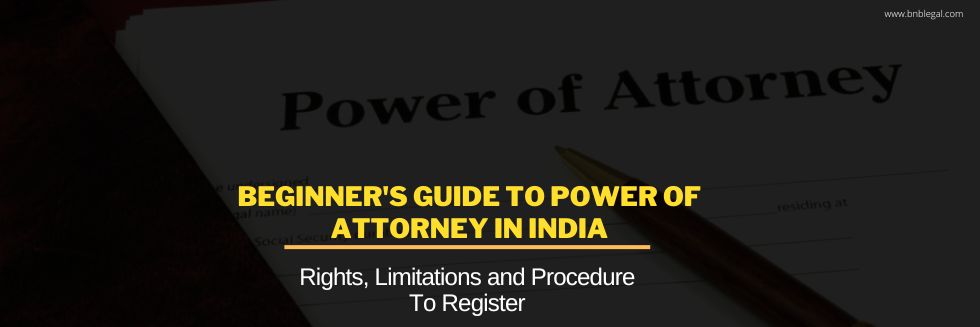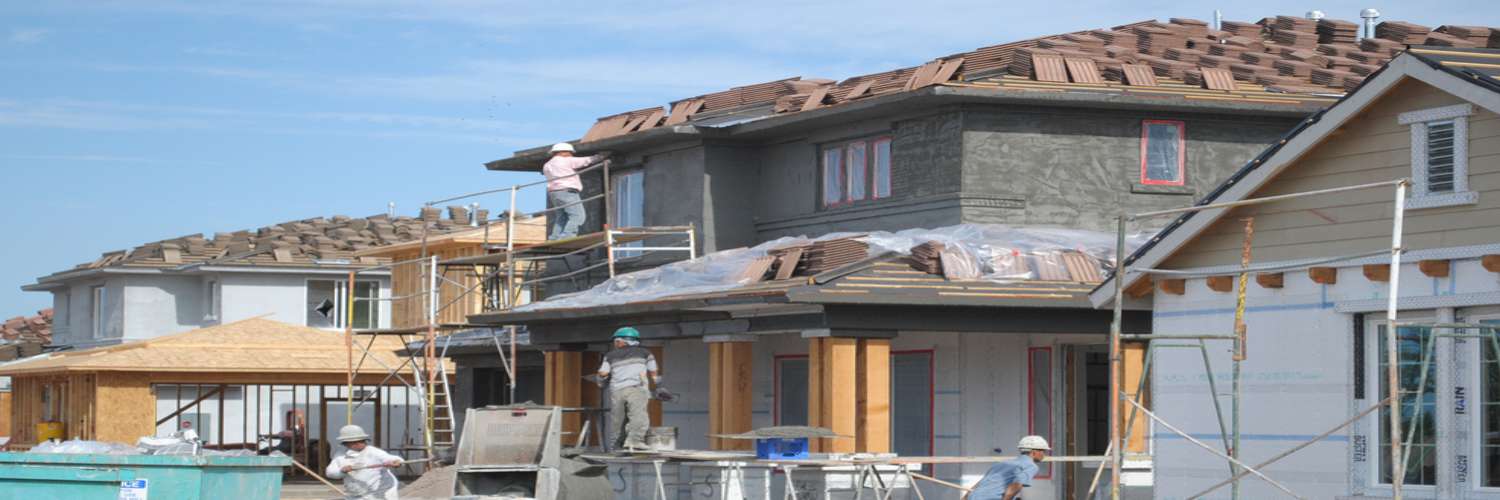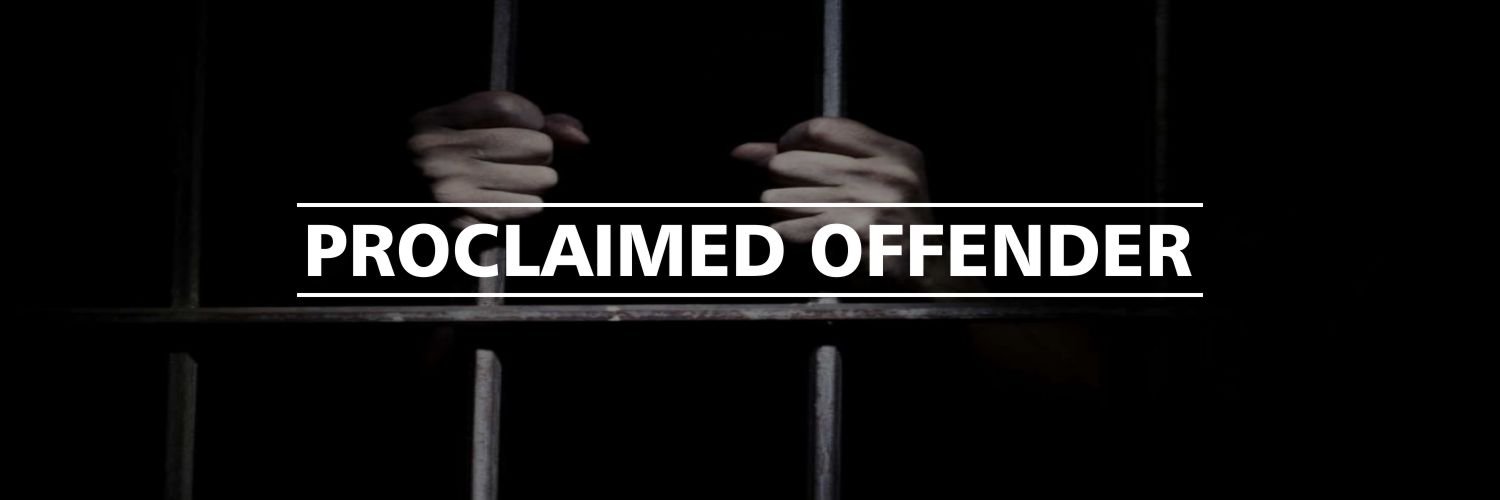Overview:
Possession has been recognized as a basis of claim to rights and interests in all legal systems. Uninterrupted and uncontested possession for a specific period, as opposed to the rights and interests of the true owner, is one of the legally recognized modes of ownership. The specified periods of limitation for recovering possession or for contradicting the rights and interests of the true owner are the core and basis of the law of adverse possession. The right to access the courts is barred by law on effluxion of specified time.
The conditions required for the acceptance of a claim based on adverse possession has been laid down basically by way of common law. Several exceptions to the concept of adverse possession based on the legal relationship between the titleholder and the person in actual possession as well as the type of land are also taken into consideration by law. Possession allowed but not obligatory (Permissive possession) or possession without a clear intention to exercise exclusive rights over property is not considered as adverse possession.
The legal position and principles governing adverse possession
- In the case of Karnataka Board of Wakf v. GOI [1], the Supreme Court observed that in the eye of the law, an owner would be deemed to be in possession of a property so long as there is no intrusion.
- Non-use of the property by the owner even for a long time won’t affect his title unless his position is altered by another person taking possession of the property and asserts right over it and the person having title omits or neglects to take legal action against such person for years.
- Therefore, the title of adverse possession comes into action essentially by neglect or inaction by true
- The adverse possession must neither be by force nor by stealth nor under license of the owner. It must be in continuity and in the extent to show that the possession is adverse to the true
- The Indian Limitation Act contains the law on adverse possession. Article 65, Schedule I of The Limitation Act specifies a limitation of 12 years for a suit for possession of immovable property or any interest based on the title.
- The beginning point of limitation of 12 years is counted from the point when the ‘’possession of the defendants becomes adverse to the plaintiff.’’ (Article 64)
- This applies to all suits for possession of immovable property based on the title, e., proprietary title as distinct from the possessory title.
- Article 64 and Article 65 are to be read with Section 27 –“Extinguishment of the right to property” which lays down that ‘at the determination of the period at this moment limited to any person for instituting the suit for possession of any property, his right to such property shall be extinguished’. This means that where a cause of action exists to file a suit for possession and if the suit is not filed within the period of limitation prescribed, then , not only the period of limitation comes to an end, but the right based on title or possession, as the case may be, will be extinguished. The section assists a person in possession to acquire ‘’prescriptive title’’ by adverse possession.
- In case of Govt. (Central or State) property, the period of limitation for any suit is 30 years, and the starting point of limitation is the same as in the case of a suit by a private person.
- There must be an intention to exclude others from the control of the property. This is an essential element of factual possession. The intention to possess the property exclusively implies the intention to exclude all others including the true owner whether known or unknown to the adverse possessor.
- In The Secretary of State v. Vira Rayan[2], a Division Bench of the Madras High Court pointed out that the ignorance of the owner would not prevent the accrual of a title by prescription. The possession must be open and hostile enough to be capable of being known by the parties interested in the property.
Therefore the possession to become adverse to the owner must be over and open while exercising of reasonable diligence, be aware of what is happening.
The justification for adverse possession
- The reasoning for adverse possession rests broadly on the considerations that title to land should not long be in doubt, the society will benefit from one making use of land the owner leaves idle and that persons who come to regard the occupant as the owner may be protected.
- The maxim that law and equity do not help those who sleep over their rights comes in to play in support of prescription of title by adverse possession.
Therefore, the original title-holder who neglected to enforce his rights over the land cannot be permitted to re-enter the land after the long passage of time.
References:
[1] ( 2004) 10 SCC. 779.
[2] (1886) ILR 9 Mad 175.
(This article was submitted by Gobin Phoolka of Panjab University as a part of B&B Associates’ internship program.)








